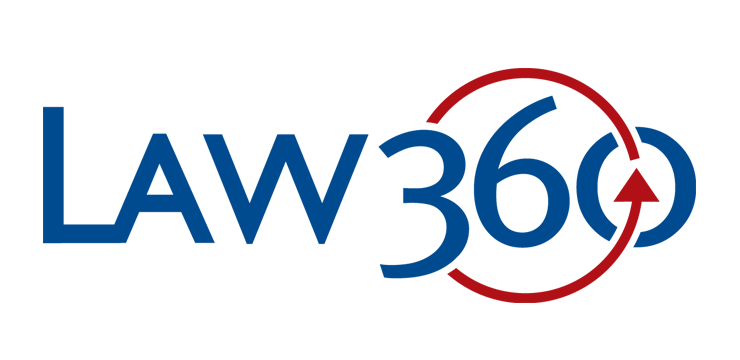Orrick’s Antitrust and Competition Group, working with our white collar defense practice, handles the defense of criminal cartel prosecutions on behalf of companies and individuals around the world.
Cartel expertise
Competition authorities worldwide are dialing up their anti-cartel efforts and heightening cross-border collaboration, with synchronized "dawn raids" mounted across jurisdictions. Companies can expect more of the same going forward – perhaps much more. Critical to risk management is an aggressive response that proactively addresses compliance alerts and other indications of anti-competitive conduct. Speed and agility can also mean the difference between amnesty or leniency and catastrophic sanctions. The choice of cartel counsel is thus a crucial decision point in protecting the company and its personnel.
Government enforcer insights
Our cartel team includes several former U.S. federal prosecutors with extensive experience in antitrust criminal enforcement in the United States, and who have represented both U.S. and non-U.S. companies and their executives and employees. Our team members have also worked in international cartel enforcement working groups at the Organization for Economic Co-operation and Development in Paris and for the International Competition Network in Seoul and Bonn, as well as on missions to assist India’s development of its growing antitrust regime. The government experience of our lawyers allows us to leverage invaluable insights and perspectives to effectively defend clients in cartel investigations.
Multijurisdictional coordination
We are highly regarded for our ability to represent clients in multijurisdictional government investigations. Our lawyers work seamlessly across the globe to craft a coordinated defense solution for criminal cartel investigations and prosecutions of companies and individuals, as well as in anticipation of follow-on civil litigation and follow-on damages actions. Our lawyers have defended companies or senior corporate officials in governmental probes in the United States, Europe and Asia of alleged price fixing in the DRAM, SRAM, LCD, CRT and automobile parts industries, among others. Each of these matters required close coordination and teamwork; we not only counseled our clients on the internal investigations but also directly participated in sensitive negotiations with the European Commission and other regulatory agencies.
Cartel Investigations: A High-risk Landscape
Companies facing international cartel investigations must anticipate enforcement actions not only by the U.S. Department of Justice and/or the European Commission, but also by other antitrust authorities around the world. Jurisdictions such as Canada, Australia, Brazil, Japan, Ireland, Israel and the U.K. also have criminal sanctions.
Of course, that's just part of the cost. Companies subject to enforcement efforts face reputational harm, the erosion of shareholder value, and the practical costs of ongoing distraction or loss of senior executives. The inevitable follow-on – complex federal and state litigation – can prolong a company’s reputational agony and also have severe economic ramifications. Collateral consequences of a felony indictment can range from financing effects to preclusion from government bidding, from False Claims Act allegations to shareholder derivative suits.





